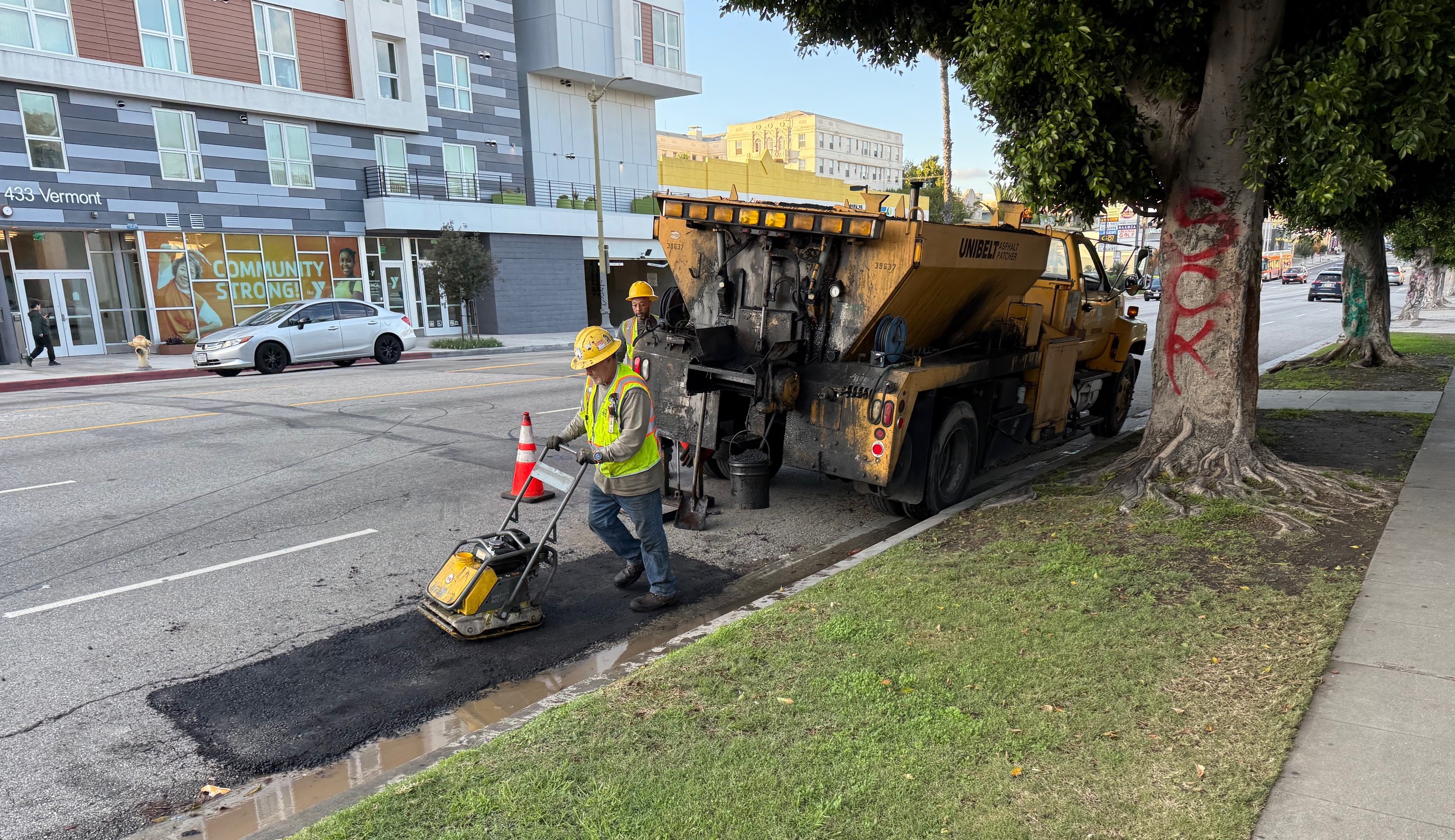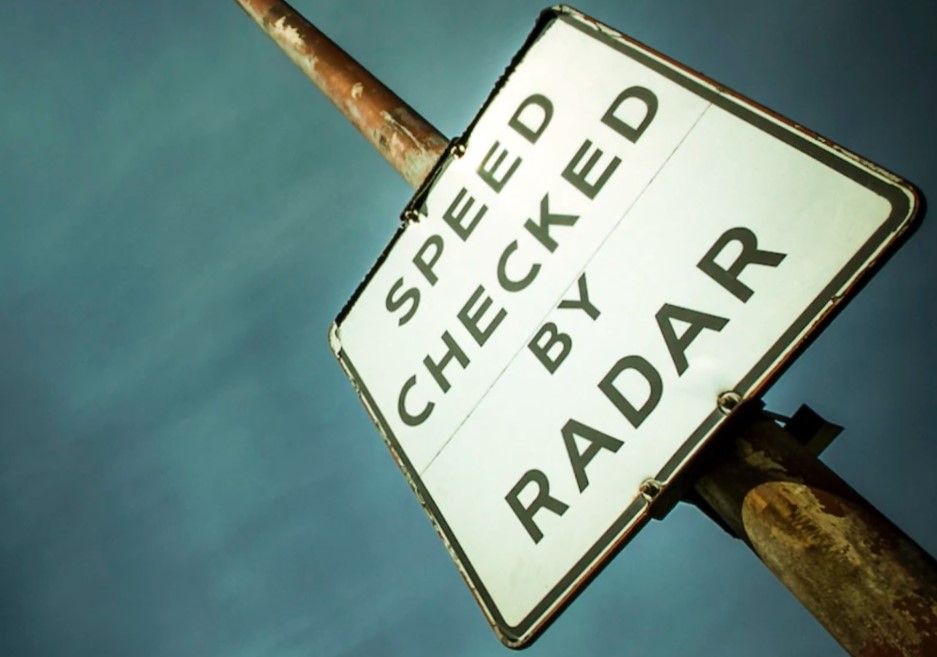In case you haven't heard, it's bike month, the time of year when lots of people are giving cycling a try for the first time, amidst much encouragement from advocates and city officials. But not from the Washington Post, which chose to mark the occasion by scolding cyclists.
In a Sunday editorial, the paper cited a mysterious 2004 study that showed that "cyclists were slightly more likely than motorists to be at fault in a crash." The writers went on to describe motorists who refuse to share the road as "churlish," while painting cyclists as reckless scofflaws who bring injury and death upon themselves.
What's next, WaPo? Kicking off Women's History Month by by blaming women for the pay gap?
The folks at TheWashCycle have been scratching their heads about this one and they've taken the time to write this rebuttal:
It all starts with the title, which online is "Bicyclists are welcome in DC, but they too should obey the law." Which is confusing as hell, because it seems there is some group who obeys the law that bicyclists can join. But I can't for the life of me figure out who that group is. A better title would be "Bicyclists are welcome in DC, but they alone should obey the law." In the paper version the title is "Sharing the Streets: Bicyclists welcome. But please obey the law." Which is better, but I could hardly see the same message aimed at any other group. It seems to be proposing the old quid pro quo - if you obey the law, you'll be welcome; which is a standard no one else is held to. If I break the law, then ticket me, but I have a right to the road and I don't need the paper to tell me I'm welcome to use it anymore than I need them to tell me I'm welcome to vote.
Has the Post ever written an editorial asking drivers to obey the law? And considering drivers kill 200 times as many people as cyclists do in DC, they're going to need to write articles like this about drivers once a week for four years just to balance it out.
Elsewhere on the Network today: Utility Cycling carries a detailed and thought-provoking history of Critical Mass. Bike San Diego comments on the League of American Bicyclists' new focus on educating motorists, as opposed to placing the onus of responsibility on cyclists. And Half-Mile Circles examines a model developed by the Brookings Institution for capturing the value created through transportation improvements.







